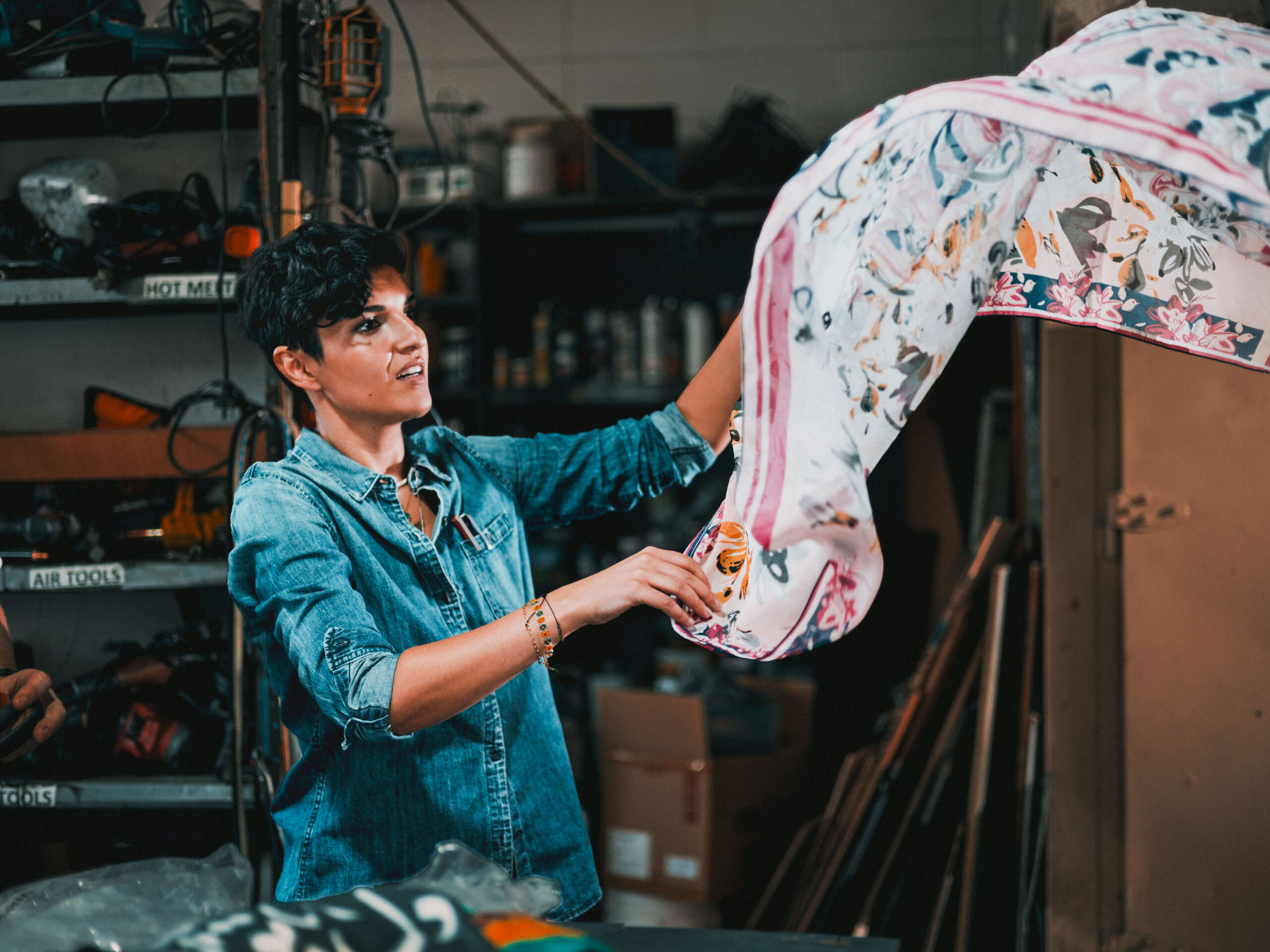
April 18, 2011
Yesterday’s Future, Today

Last week I travelled up to the Canadian Centre of Architecture, in Montreal, to review Architecture in Uniform, a new exhibition on architecture and World War II, curated by Jean-Louis Cohen. That review is forthcoming (in AR), but for the moment let it be said that this fascinating, disturbing, and provocative show was absolutely worth the trip. Among its discoveries: the modernist landscape architect Dan Kiley designed the courtroom of the Nuremberg Tribunal.
One of the principal contentions of the show is that the war led to the “definitive supremacy of modernism in architecture.” Cohen makes a convincing argument for this, but one could argue the opposite is true, as well. One of the final pieces in the show is a model of Bucky Fuller’s ill-fated Dymaxion House, a modernist vision of the future that, as Cohen notes, went “nowhere at all.” This message is inescapable in Montreal, where the carcass of Fuller’s US Pavilion (now, the “Biosphere”) sits on the former site of Expo ’67, a relic of Fuller’s dream of a techno-utopia. That vision never materialized, but a trip out to the pavilion is still a pleasure, and comes with the added bonus, if you travel underground, of a passage through the Jean-Drapeau metro station, a masterpiece of brutalist structure and design by architect Jean Dumontier.
Observed
View all
Observed
By Mark Lamster
Related Posts

Business
Courtney L. McCluney, PhD|Essays
Rest as reparations: reimagining how we invest in Black women entrepreneurs

Design Impact
Seher Anand|Essays
Food branding without borders: chai, culture, and the politics of packaging

Graphic Design
Sarah Gephart|Essays
A new alphabet for a shared lived experience

Arts + Culture
Nila Rezaei|Essays
“Dear mother, I made us a seat”: a Mother’s Day tribute to the women of Iran
Recent Posts
Minefields and maternity leave: why I fight a system that shuts out women and caregivers Candace Parker & Michael C. Bush on Purpose, Leadership and Meeting the MomentCourtney L. McCluney, PhD|Essays
Rest as reparations: reimagining how we invest in Black women entrepreneurs Food branding without borders: chai, culture, and the politics of packagingRelated Posts

Business
Courtney L. McCluney, PhD|Essays
Rest as reparations: reimagining how we invest in Black women entrepreneurs

Design Impact
Seher Anand|Essays
Food branding without borders: chai, culture, and the politics of packaging

Graphic Design
Sarah Gephart|Essays
A new alphabet for a shared lived experience

Arts + Culture
Nila Rezaei|Essays
